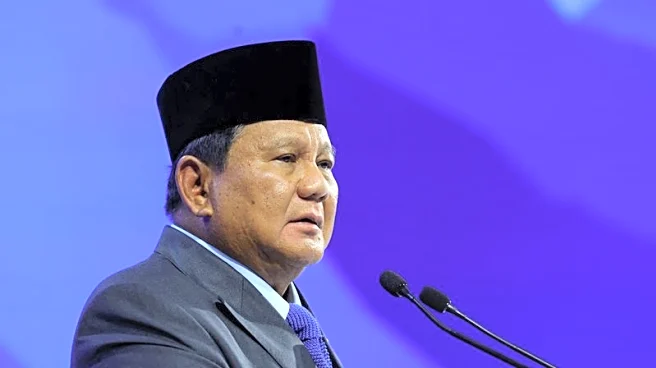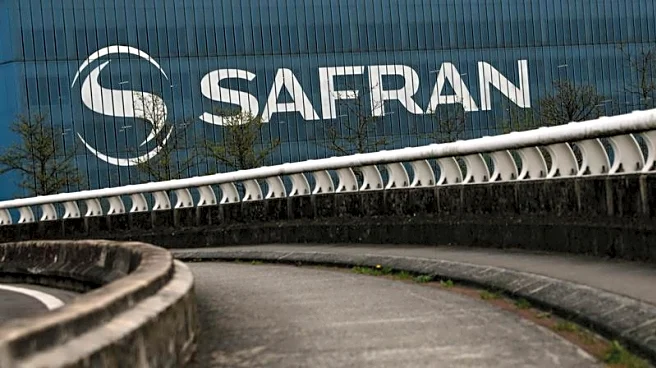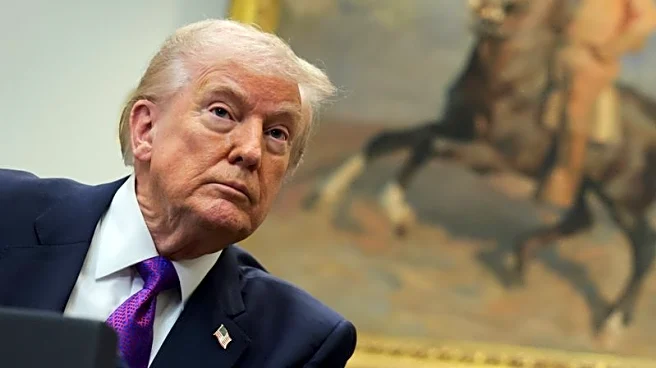What is the story about?
What's Happening?
Recent research has highlighted a significant gap between politicians' perceptions and the actual willingness of the public to support climate action. The study, involving delegates at the United Nations Environment Assembly, found that policymakers estimated only 37% of the global population would be willing to contribute financially to combat climate change, whereas the actual figure is 69%. Additionally, 89% of respondents believe their national governments should do more to address global warming. This disparity, termed 'pluralistic ignorance,' suggests that policymakers may be underestimating public support, leading to less ambitious climate policies. The study's authors argue that this misperception could result in watered-down policy proposals and frustrated ambitions.
Why It's Important?
The findings of this study have significant implications for climate policy development. By underestimating public support, policymakers may be missing opportunities to implement more robust and effective climate strategies. This misalignment could hinder progress towards achieving net-zero emissions and addressing climate change effectively. The study suggests that closing the perception gap could empower policymakers to pursue bolder initiatives, potentially leading to more substantial environmental and economic benefits. Understanding the true level of public support could also shift the focus from debating the necessity of climate action to discussing practical solutions and their implementation.
What's Next?
The study calls for policymakers to reassess their perceptions of public support for climate action and to consider more ambitious policies. Researchers suggest that by informing the public of the economic and environmental benefits of net-zero strategies, the perception gap can be closed. This could lead to a shift in policy focus towards implementing solutions rather than debating their necessity. The authors hope their findings will encourage policymakers to be more courageous in pursuing climate policies, leveraging the public support that may be greater than they realize.
Beyond the Headlines
The study highlights the role of media in shaping public perceptions and the potential impact of ideological viewpoints on climate policy. By constructing narratives that emphasize optimism and hope, researchers believe the misperception gap can be countered. This approach could foster a more informed public discourse, encouraging greater engagement and support for ambitious climate initiatives.















